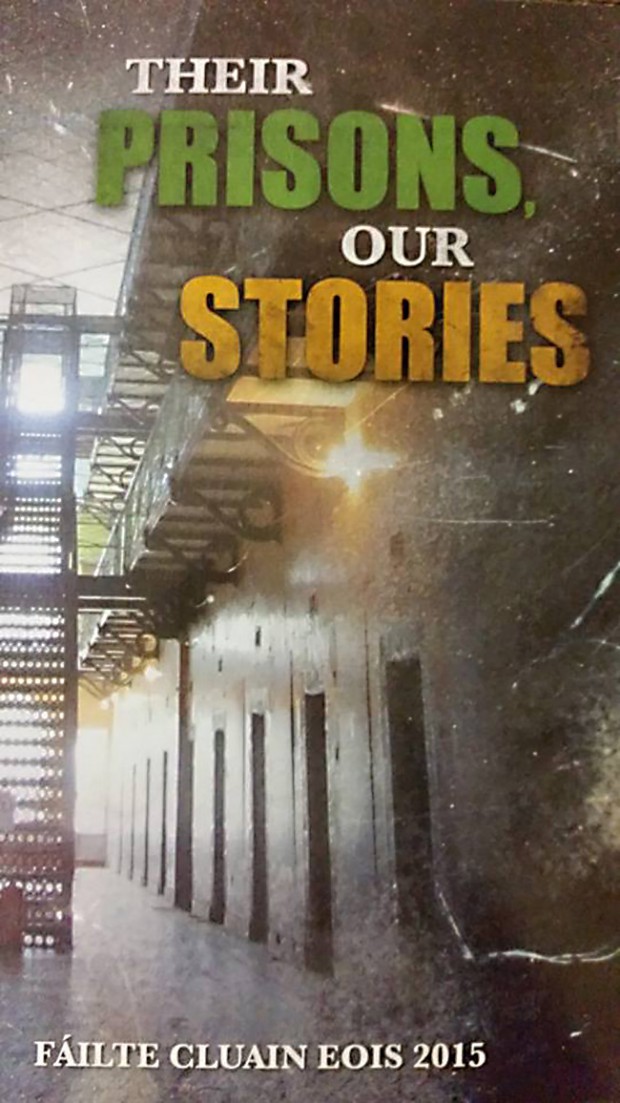1 December 2015 Edition
Triumph of the prisoners' spirit

Their Prisons, Our Stories
Fáilte Cluain Eois, Price: €14.99
THIS is an important work, an historical document of national significance, providing first-hand accounts of the lives of political prisoners jailed during the 30-year struggle.
Although it documents the experiences of republicans from just three counties, it is representative of the hardships endured by thousands of men and women from across the island.
The volume has been compiled by Fáilte Cluain Eois and is based on an extensive series of interviews with former prisoners and their families from three counties straddling the Border – Fermanagh, Cavan and Monaghan.
The interviews cover the period from the very beginnings of the Civil Rights struggle to the eventual releases under the Good Friday Agreement. Every location where political prisoners were held is considered.
The book starts with the holding of Civil Rights protesters in Crumlin Road Jail, and then moves on to Ballykelly, in County Derry, where the infamous “hooded men” interrogations were held in Shackleton Barracks. The narrative then moves to the prison ship Maidstone and the Cages of Long Kesh, which metamorphosed into the H-Blocks following the burning of the original prison huts.
The Blanket Protest is recalled in detail, as are the two Hunger-Strikes and their aftermath. These first-hand reminiscences describe the intensity and raw emotional power of this phase of the struggle in a way that a mere recitation of the facts cannot convey.
Armagh Jail is then examined, with poignant accounts of prison births and babies being raised in jail, as well as the more familiar harrowing litanies of strip searches and brutality.
Like Long Kesh, Magilligan grew from a former army camp in County Derry. Magilligan’s struggle mirrored that in Long Kesh, with Blanket and Dirty Protests as well as the construction of H-Blocks but it was overshadowed by Long Kesh and never really received the level of notoriety it deserved.
The account then moves south of the Border to examine Mountjoy and Portlaoise. The observations note that, in some cases, the brutality of the prison officers was often greater than that exhibited by their counterparts in the North and many of the Northern men were surprised at the level of anti-republican feeling they encountered from staff in Southern prisons.
Finally, the plight of prisoners in English jails is examined. Some accounts describe certain prisons as having staff who were mostly former members of the Parachute Regiment or other regiments and who openly wore badges of the neo-Nazi National Front on their prison officer uniforms. The level of brutality encountered in these English jails on a regular basis appears to have been of a greater magnitude than that found in Irish prisons on either side of the border.
The overwhelming message of this book is not one of highlighting the suffering undergone by prisoners – and the hardships endured by their families, let’s not forget – but rather it is a message showing the triumph of the indomitable human spirit above overwhelming adversity. As Bobby Sands put it: “The thought that says ‘I’m right’.”



